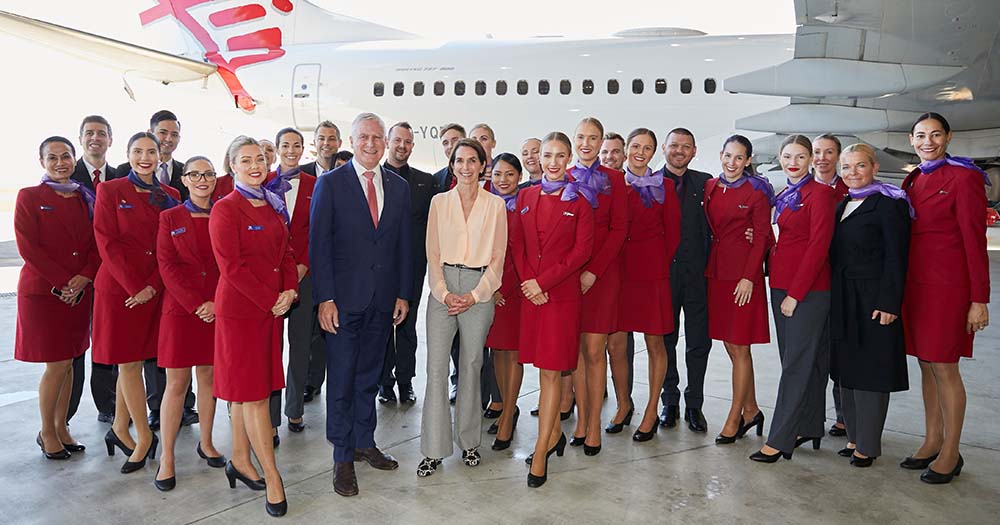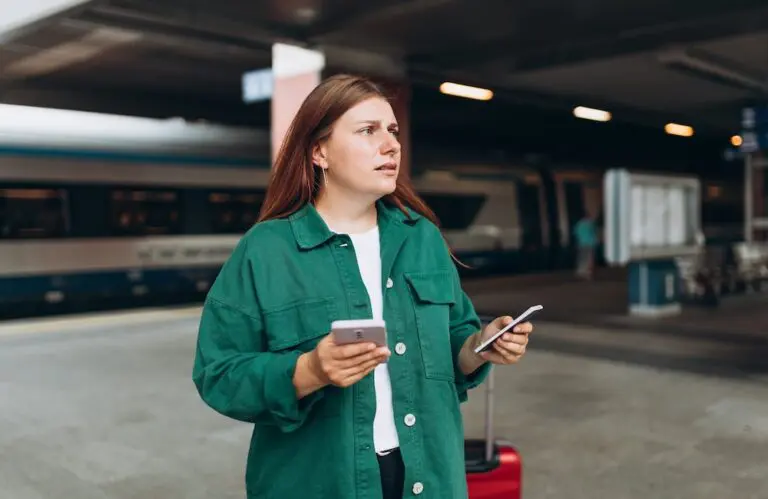Virgin Australia has a “very clear strategy” for its network and that doesn’t involve resuming the kind of long-haul services it operated before 2020, says the airline’s chief of strategy.
In a recent in-person and virtual update for its travel agency partners and corporate customers, Virgin Australia Chief Strategy and Transformation Officer Alistair Hartley said the carrier would instead continue focusing on rebuilding its domestic and short-haul international business.
“So that’s done with a simplified… 737 Boeing aircraft fleet,” he explained.
“We fly quite far. We fly up to Japan from Cairns and we’ve got a number of other sort of long services… into Bali and into Fiji and some other Pacific islands and obviously servicing Queenstown as well.
“But we’ve got a very clear strategy that was implemented because we wanted to remove the complexity and cut off the parts of the business that structurally were underperforming.”

That’s not to say the airline would completely rule out any sort of return to longer-haul services should the right opportunity arise.
“We listen all the time to what consumers are saying, so we continue to evaluate the situation around – what do we need to offer… and can we be sustainable in offering that service?” he added.
“Because we need to be sure if we ever went back into something like that, that it can be sustainable.
“But our strategy at the moment is to work with… the likes of United, with the likes of Qatar and Singapore, with ANA and Hawaiian and others out there.”
Through these partnerships, Hartley said the carrier is effectively “offering all of those destinations” along with delivering other benefits.
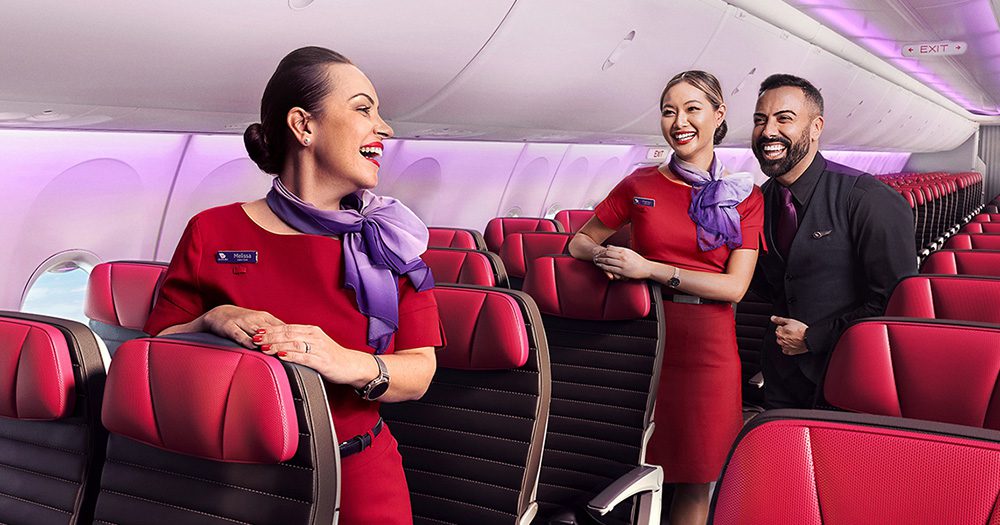
“We’re able to give value where you can redeem and earn points as consumers with loyalty schemes, with Velocity, and we’re offering that out there with some of the best airlines in the world,” he said.
“And so we believe we’re able to provide that proposition really effectively. And we’re able to drive value for them and drive value for our consumers and help develop a stronger core business for Virgin Australiain our domestic and short-haul international.
“So that’s where we are at the moment. We’re constantly listening. We’re constantly re-evaluating, but we have no imminent plans in that space.”
Its alliances with other carriers, like United Airlines, are also mutually beneficial.
“We were able to renegotiate an alliance partnership with them which has only gone from strength to strength, and we’ve seen them today at about 120 per cent of what Qantas is able to operate on the Pacific between Australia and the US,” Hartley said.
“So we believe we’ve established a really world-beating set of partners out there.”
Prioritising partnerships
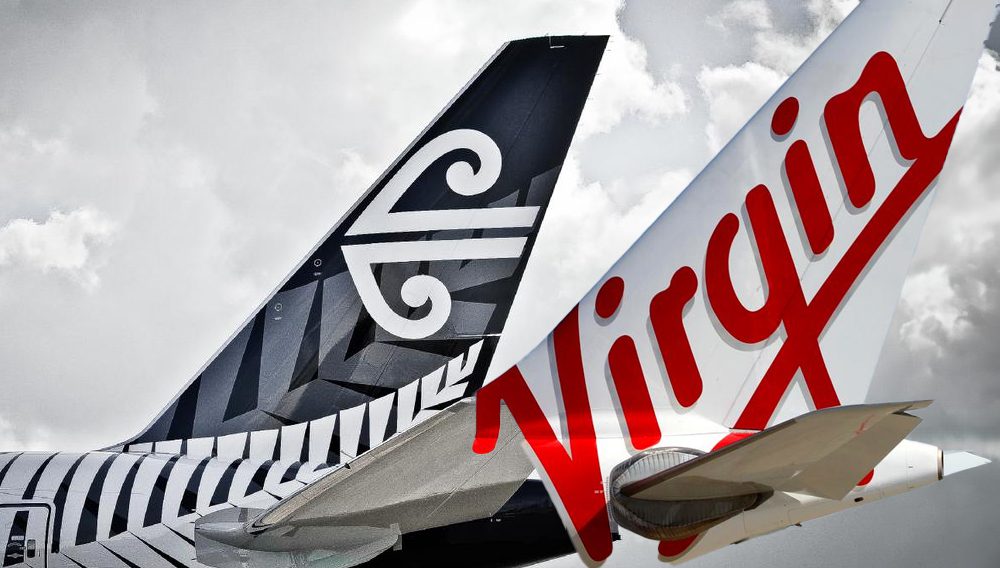
The Virgin strategist said the airline was also “really clear” on its plans for its trans-Tasman operations, specifically with regards to its alliance with Air New Zealand.
“The ACCC has given us provisional approval for a five-year relationship to start to bring that relationship back,” he remarked.
“So that’s going to then allow… Virgin Australia customers to be able to book through Virgin Australia with frequent flyer earn and burn, with the introduction of high guest value recognition in airports and customer service; to be able to operate into those key destinations on New Zealand metal but on a Virgin Australia ticket.
“We continue to look for more opportunities to strengthen our nearer-to-home alliances and our further-from-home alliances, because we recognise providing that sort of comprehensive offering to consumers is critical and ironing out the kinks, if there are any, of those and making it as seamless as possible is really part of the success story that Virgin Australia is going through.”
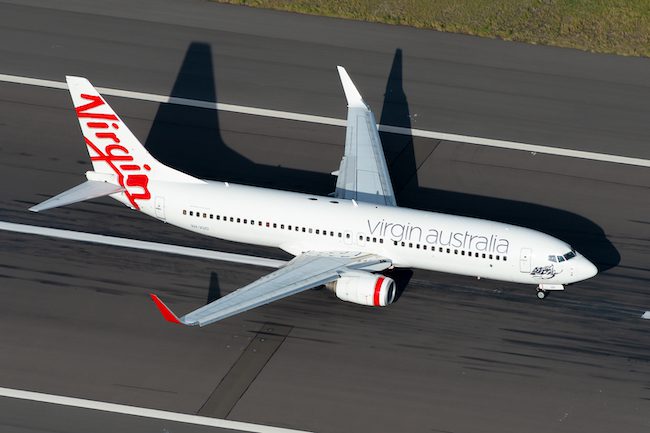
Virgin Australia Group CEO Jayne Hrdlicka also mentioned the airline’s strong support for Qatar Airways “getting more rights” to fly to Australia.
“It’s important for our ability to compete domestically. It’s that simple. It helps us with inbound flow, but it also really is important for all Australian travellers to know that they’ve got a super competitive international network and that we can work together in a way that we create great opportunities and value for our passengers – and our corporate accounts and small medium-sized businesses are a big part of that,” she added.
Overall, Hrdlicka said the airline continued “to see a really strong and robust marketplace”.
“All of the trends in terms of people’s intent to travel are looking good and strong,” she remarked.
“We will finish FY24 in a record position for Virgin Australia.”
Promising performance

The trade update came during a week in which Virgin Australia was named the most punctual Australian-based airline for the month of April.
“April 2024 marked a return to pre-COVID levels of on-time performance and cancellations for Virgin Australia,” Hrdlicka said after the announcement.
“The post-COVID recovery has been challenging for the aviation industry but it is promising to see reliability and on-time performance improve across Australian airlines.”
Yesterday, Virgin Australia announced it will increase its weekly Vanuatu services from Brisbane to Port Vila to up to seven return flights per week from 9 July 2024.
Last month, Virgin and Air New Zealand came a step closer to re-establishing formal ties after the Australian Competition and Consumer Commission (ACCC) said it would tentatively authorise VA and NZ’s unilateral code-sharing arrangements.



